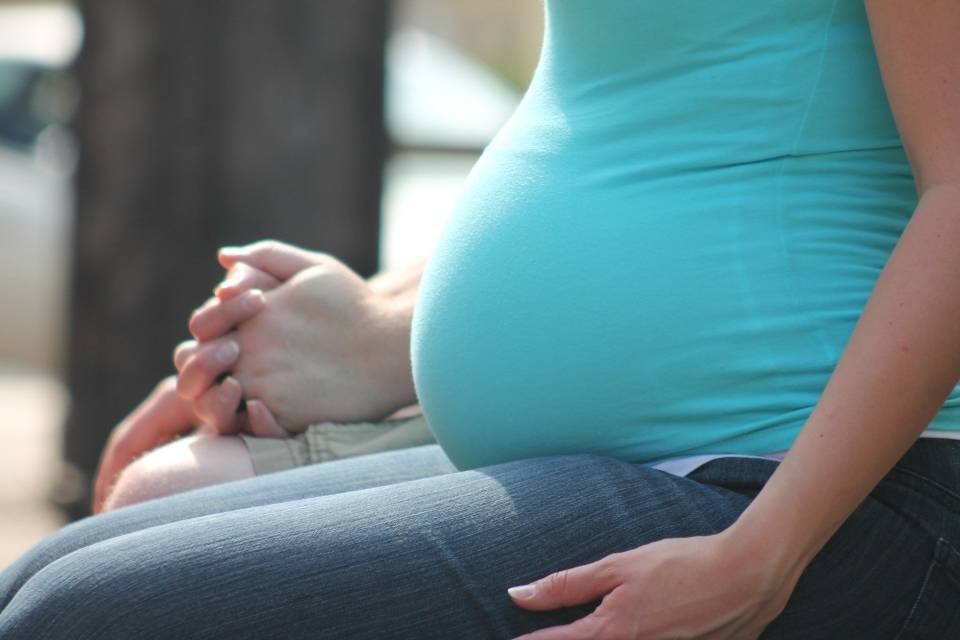A study has been carried out at the Perinatal Mental Health Unit at Hospital Clínic to find out how the COVID-19 pandemic and lockdown has affected women who were pregnant or had a baby during this period and were treated at the Unit.
The study was conducted as an e-mail survey. The objective was to find out how this group experienced this period, focusing on the emotional aspect, as pregnancy and postpartum are particularly vulnerable times in terms of women’s mental health.
More than 90 women responded to the survey. Their average age was 37 years. The majority had a stable relationship and were university educated. A large proportion of the respondents (70%) had already given birth, while the remaining 30% were pregnant at the time.
The questions were related to different aspects associated with the different stages of pregnancy and postpartum, and women’s perceptions at each stage. In the case of women who were pregnant during the pandemic, 40% of respondents reported high anxiety and fear regarding childbirth. Furthermore, 48% of women who had their baby during lockdown described the experience of childbirth as unpleasant and traumatic. Additionally, a large proportion of the women (40%) believed that lockdown had a major impact on this negative experience.
In terms of emotional well-being, 60% of the women described having felt more sad and irritable, and almost 80% of them felt more restless than usual. 75% were also much more worried about the future.
In the case of those who were pregnant, the majority believed that monitoring of their pregnancy was worse due to the situation of lockdown, which reduced the opportunity for tests and visits, as in many cases in-person monitoring had to be interrupted. Overall, between 30% and 40% of the women felt they had received less support than they needed from primary care services, and from the public health system in general.
Depression scale results
The study participants also filled out the Edinburgh Postnatal Depression Scale (EPDS). The Edinburgh scale is a tool created to detect depression in the perinatal stage.
The maximum score is 30, but if a person scores above 11 points during pregnancy and above 13 in the postpartum period, suspicion of depression is indicated.
In this study, 40% of participants scored above 11 points and 36% above 13. Most of the women with a high score were in the postpartum period, had a poorer relationship with their partner, experienced a worsening of their home situation during lockdown, and felt they were receiving less help from family and partners.
Positive aspects
The last section of the survey asked the participating mothers what had been most useful to them, and what they considered to be most positive aspects during this period. Most of them mentioned the possibility of maintaining psychological and psychiatric follow-up as one of the aspects that had helped them the most to control their distress.
Even so, many of them emphasised that they would have liked to have had more face-to-face visits and check-ups, both for mental health and at other health facilities for pregnancy or postpartum follow-up.
Information documented by: Dr Alba Roca, psychiatrist, and Dr Lluïsa Garcia-Esteve, Head of the Perinatal Mental Health Unit at Hospital Clínico de Barcelona.




